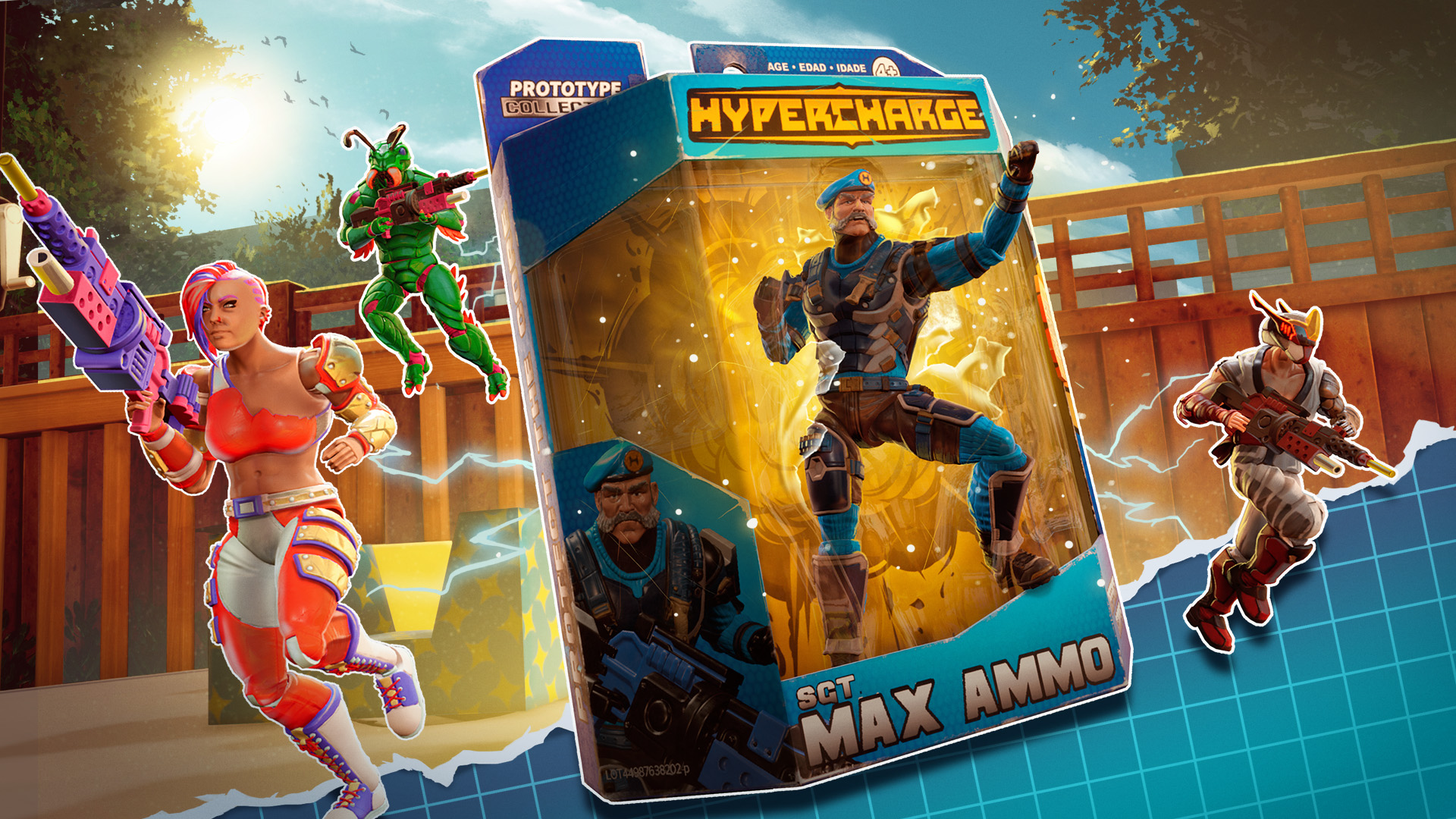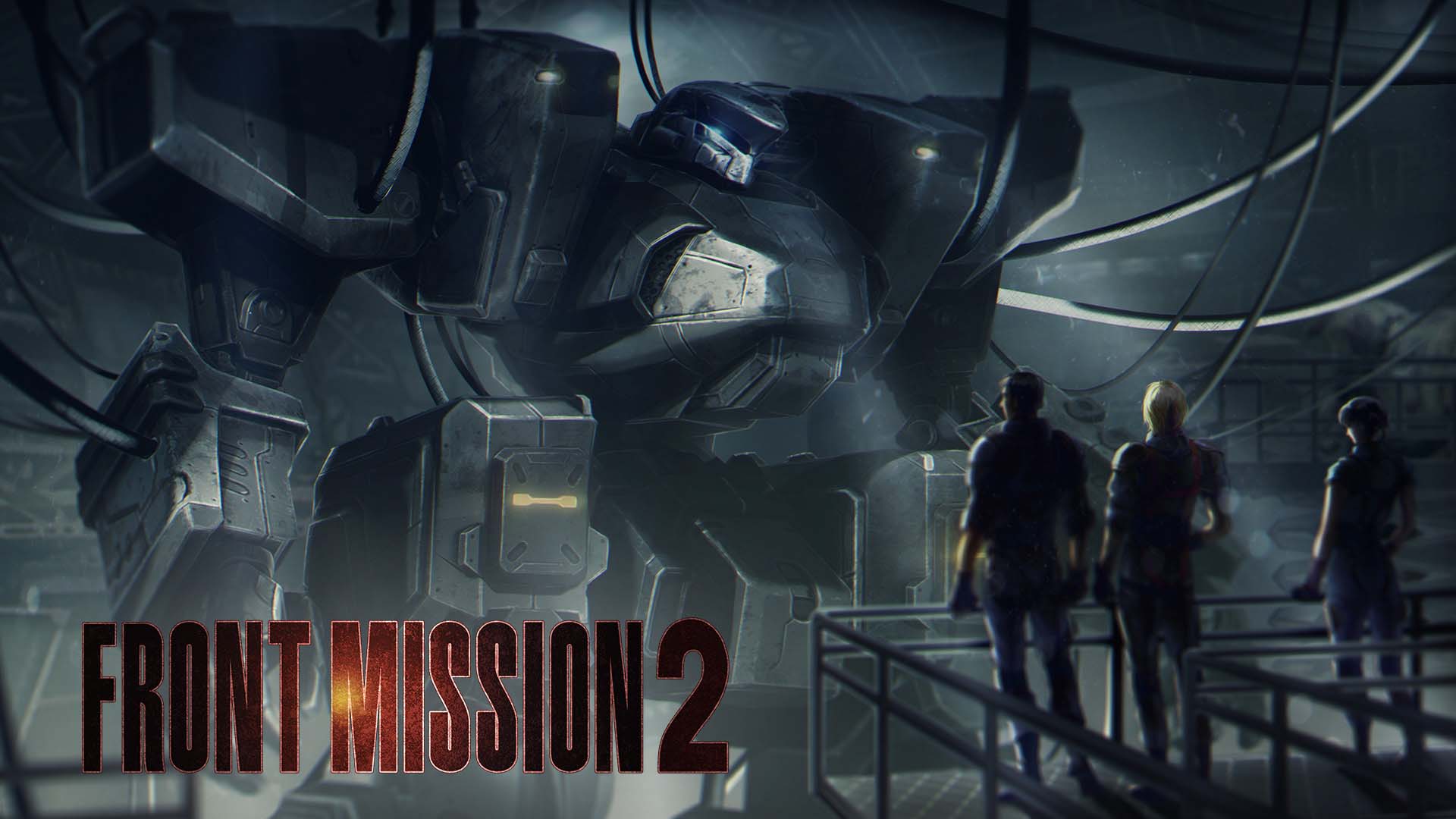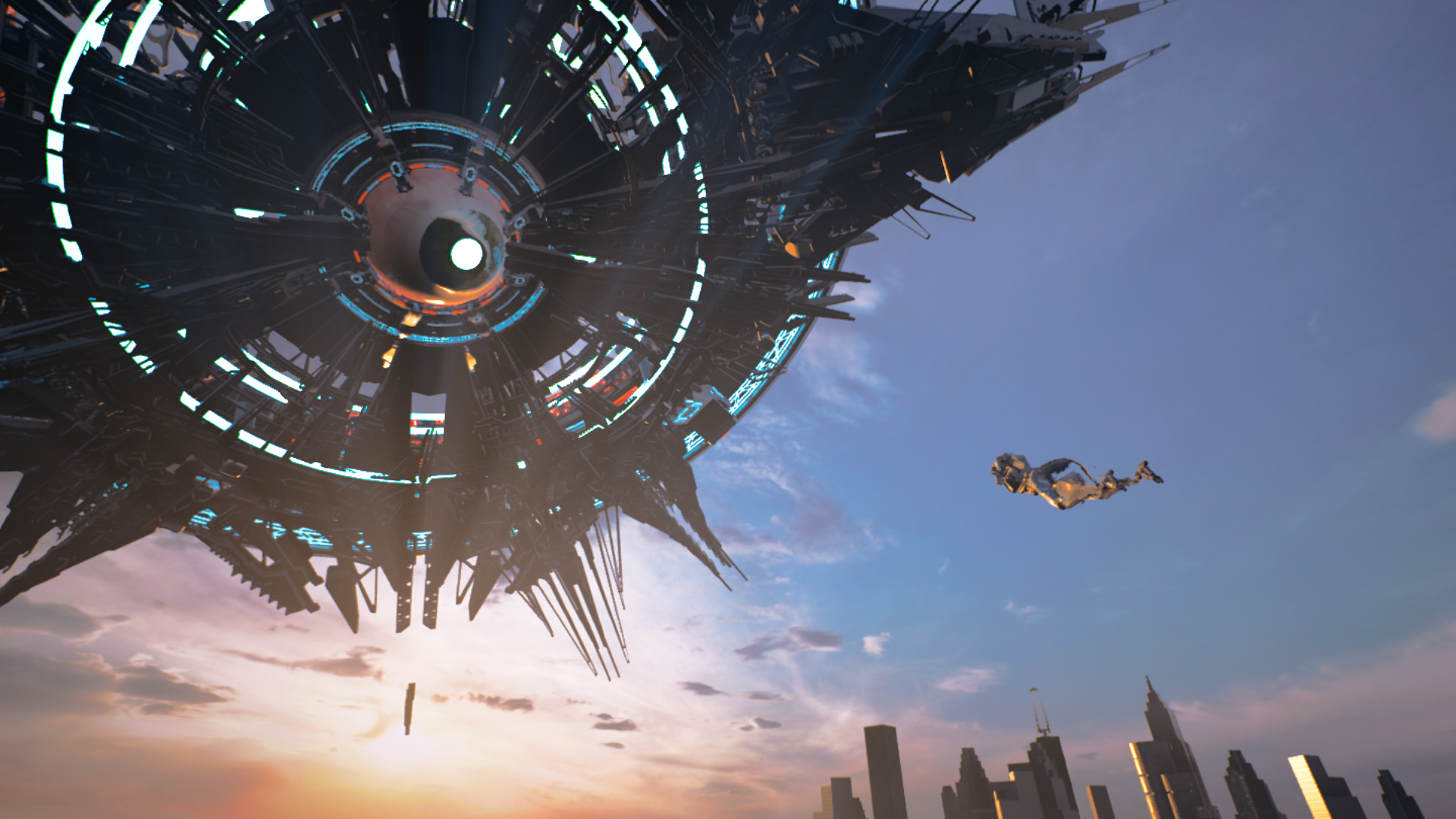Worldless: Making a Game That Won’t Allow You To Die
Worldless is a game driven by its unique approach to combat and exploration – and part of that unique nature is that it makes it impossible to die at any point – but without losing a sense of challenge throughout. Let me explain how we achieved that. The combat of Worldless is a complex merge […] The post Worldless: Making a Game That Won’t Allow You To Die appeared first on Xbox Wire.
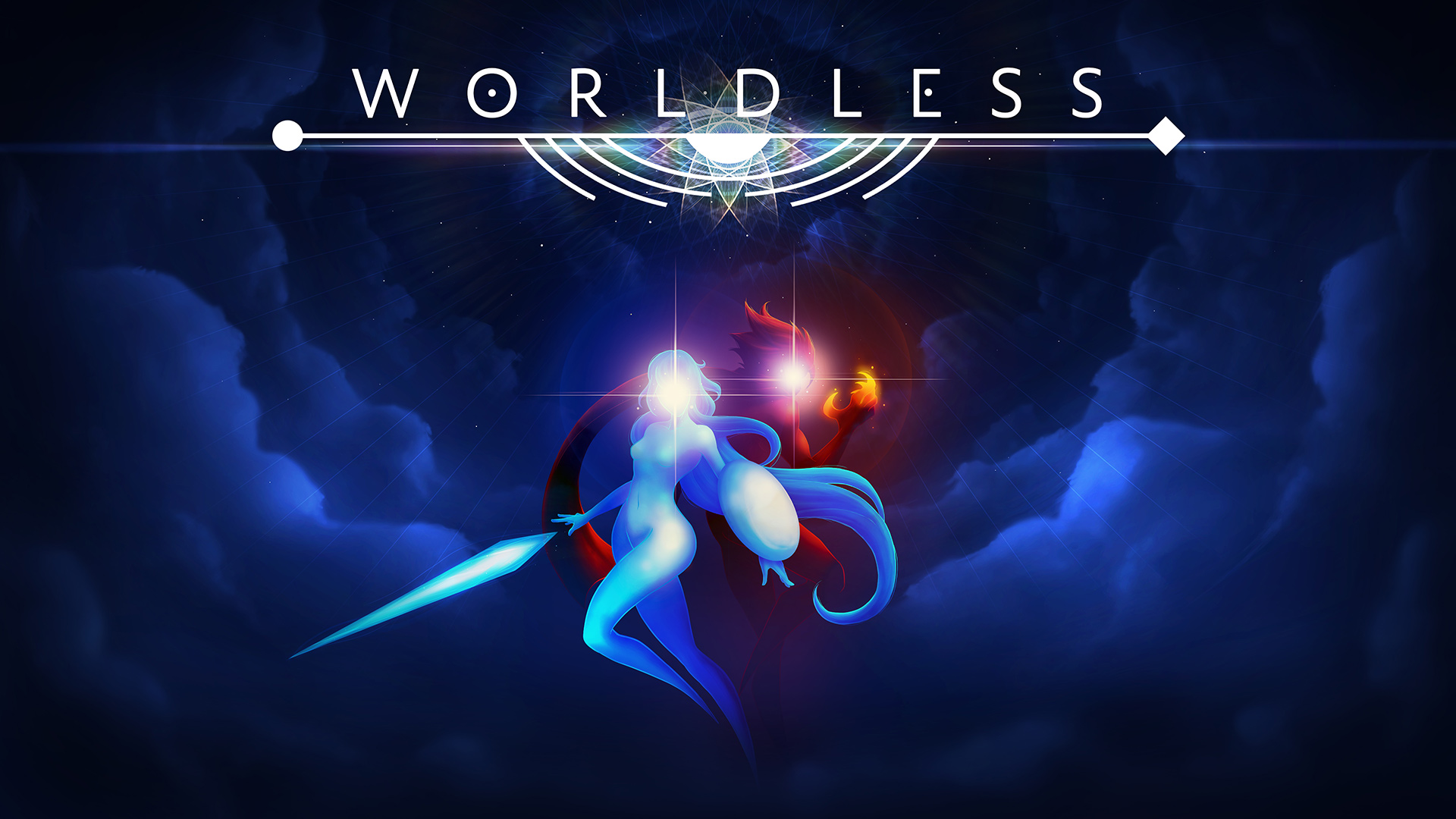
Worldless is a game driven by its unique approach to combat and exploration – and part of that unique nature is that it makes it impossible to die at any point – but without losing a sense of challenge throughout. Let me explain how we achieved that.
The combat of Worldless is a complex merge of the classic turn-based format with a high emphasis on action systems, pattern recognition and attack variety. A system with this much diversity and complexity requires constant engagement between the player and the game mechanics, and it can be hard to get to grips with it all – but once that penny drops, and all the systems click together it can lead to some extremely satisfying results. To encourage the player to continue trying, gel with the systems, and to not give up due to consistent “deaths” or “game overs” we opted to provide the player with what we feel is a better, less expected solution.
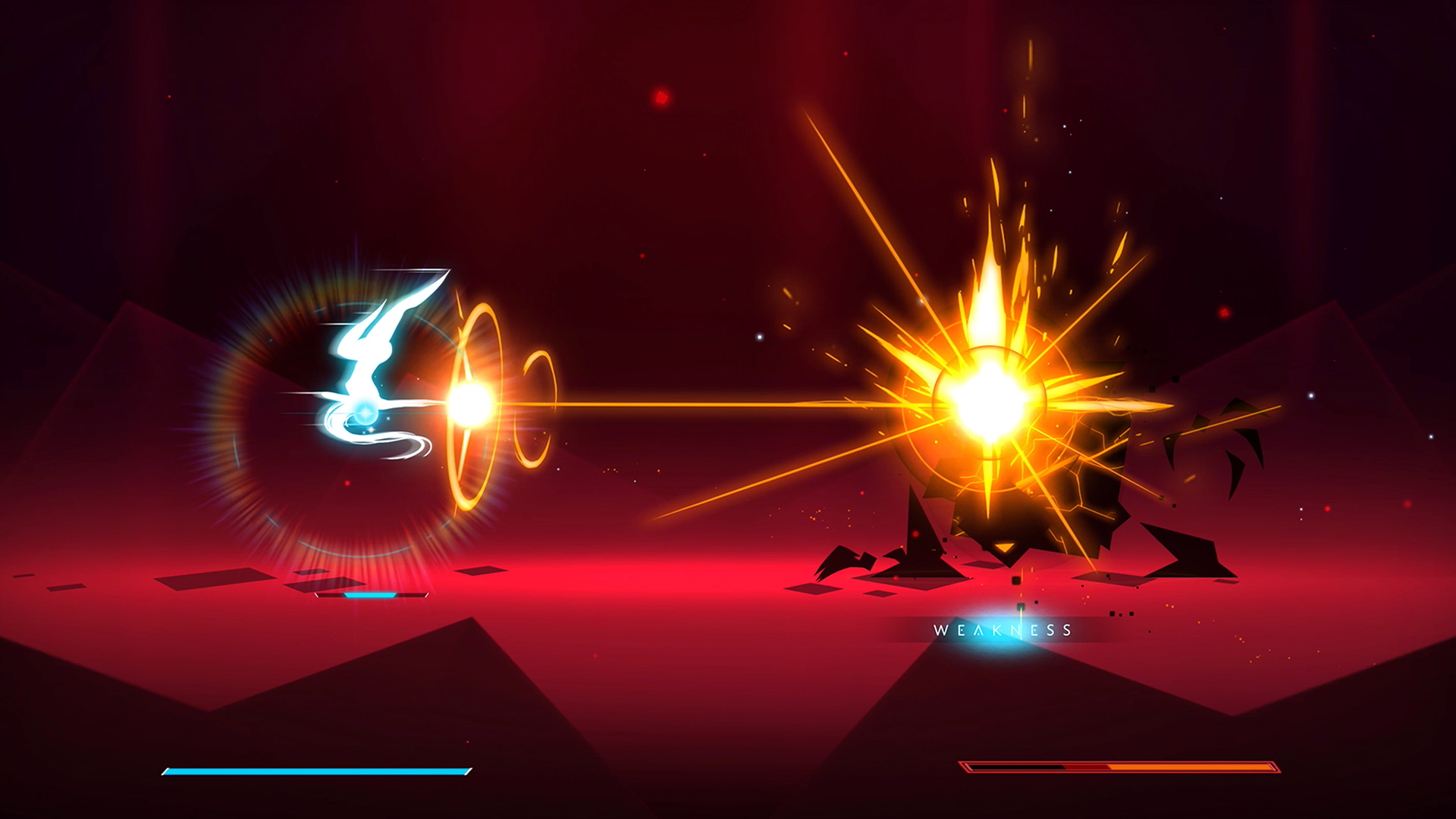
Things start simple, allowing the player to get familiar with the basics – but later, the game demands these basics are properly executed in unison to take down the more advanced enemies. We wanted to properly reward players, and we have done this by allowing every enemy to be “absorbed”. Achieving an absorption provides players with skill points to further develop their abilities in Worldless, but we didn’t want things to be frustrating when it comes to unlocking new abilities. Therefore, even if you defeat an enemy without absorbing them by mistake, they can be instantly refought to absorb their powers in a fresh encounter. Nothing is missable in the game.
At the same time, most of the encounters offer some level of complexity on how to correctly execute them to gain a new skill, and optional and later bosses can be very challenging. Taking that into account, we wanted to avoid frustration, and so if you lose an encounter, you are simply pushed back and can re-enter the fight seamlessly. This system allowed us to go all-out designing optional content with high levels of complexity, knowing that the player will keep learning the more they try, and eventually evolve in a way where a seemingly hard enemy encounter becomes a walk in the park.
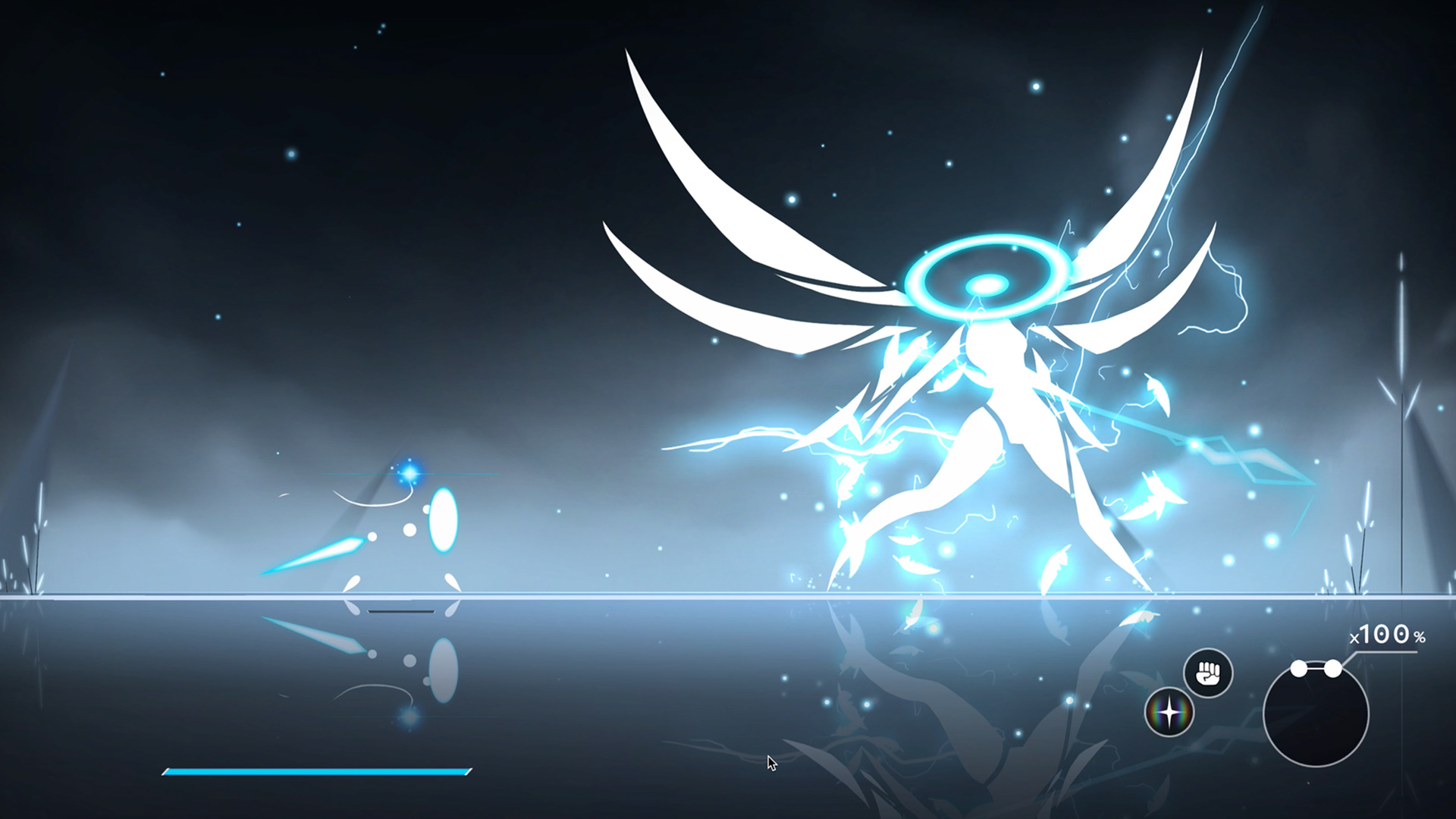
We took the same approach with the exploration of Worldless. Rather than fall into a hazard and be faced with a game over screen, we simply reset the player to their last “safe” position. At first, the platforming is as simple as a horizontal jump but slowly, as the game ramps up, we added in various hazards, dash resets, and swinging points. We felt it’d be really infuriating for the player to “fail” on a platforming segment and be greeted with a loading screen or a “game over” so, much like our combat system, we reset the player and allow them to try again almost instantly. The whole idea of having no “game over” truly allowed us to be flexible in our choices and I think that’s evident in how crazy we can get with the combat encounters.
With Worldless being built upon pattern recognition, a good variety in enemy design was necessary to keep each encounter feeling fresh and challenging and with that came needs for various combat actions and mechanics. All the actions in Worldless have a purpose or a use-case and are heavily balanced to make their correct use very significant.
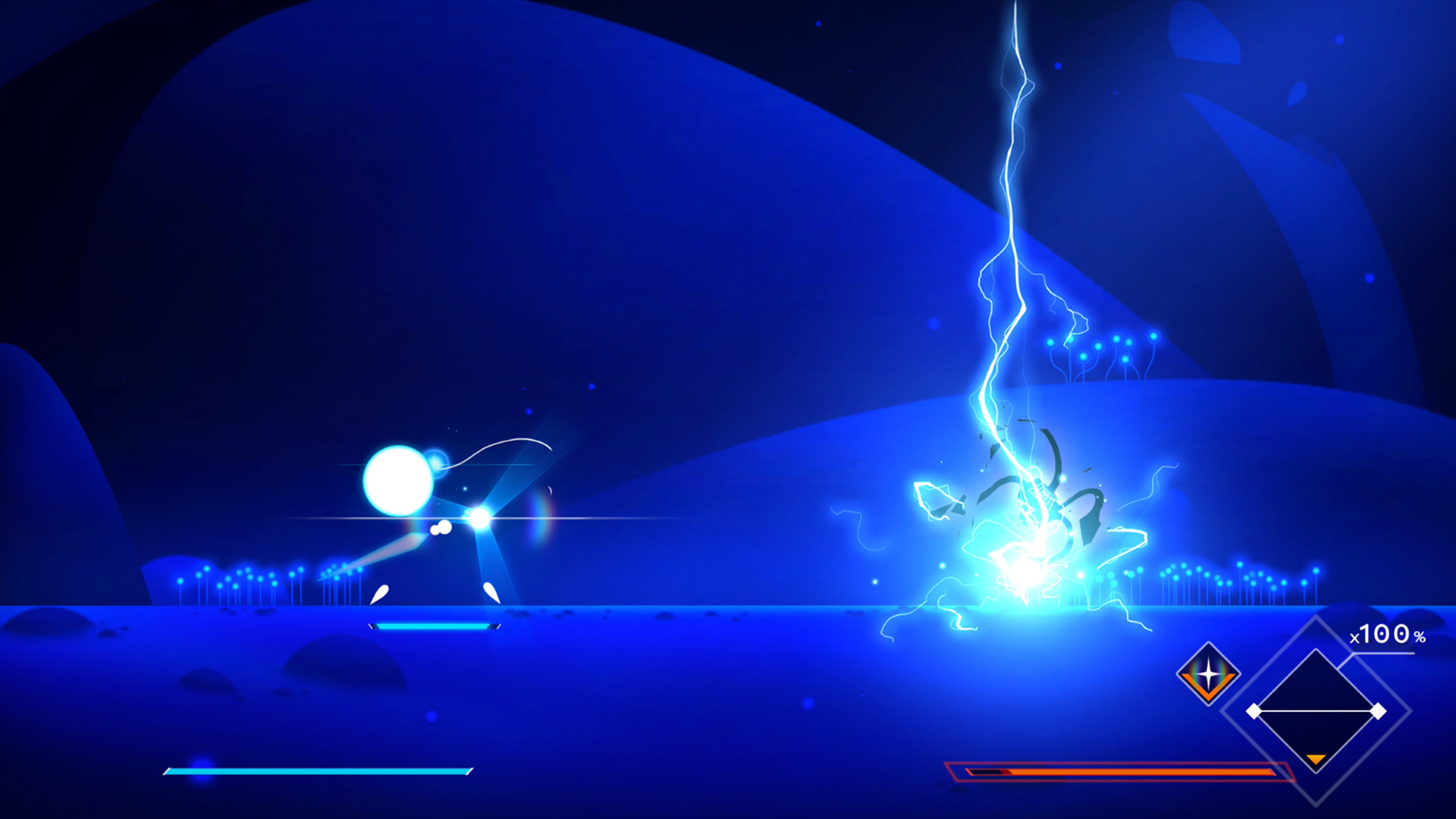
Some actions deal more damage and can open enemies to a vulnerable state, and others deal high amounts of absorption damage to obtain new skill points. The latter are most useful once the enemy is put in this vulnerable state. This is accomplished by breaking a series of “blocks” represented with icons of specific types of damage. The main combat loop is to identify these “blocks”, break them by using the proper high damage actions, and then go all out using the attacks with highest absorption damage.
But then again, this is turn-based, so when your offensive window ends, it is the enemies’ chance to obstruct your progress in the fight. Taking damage will deplete the absorption bar, and enemies can attack in multiple ways, making the moment very intense and highly rewarding good reactions and pattern recognition.
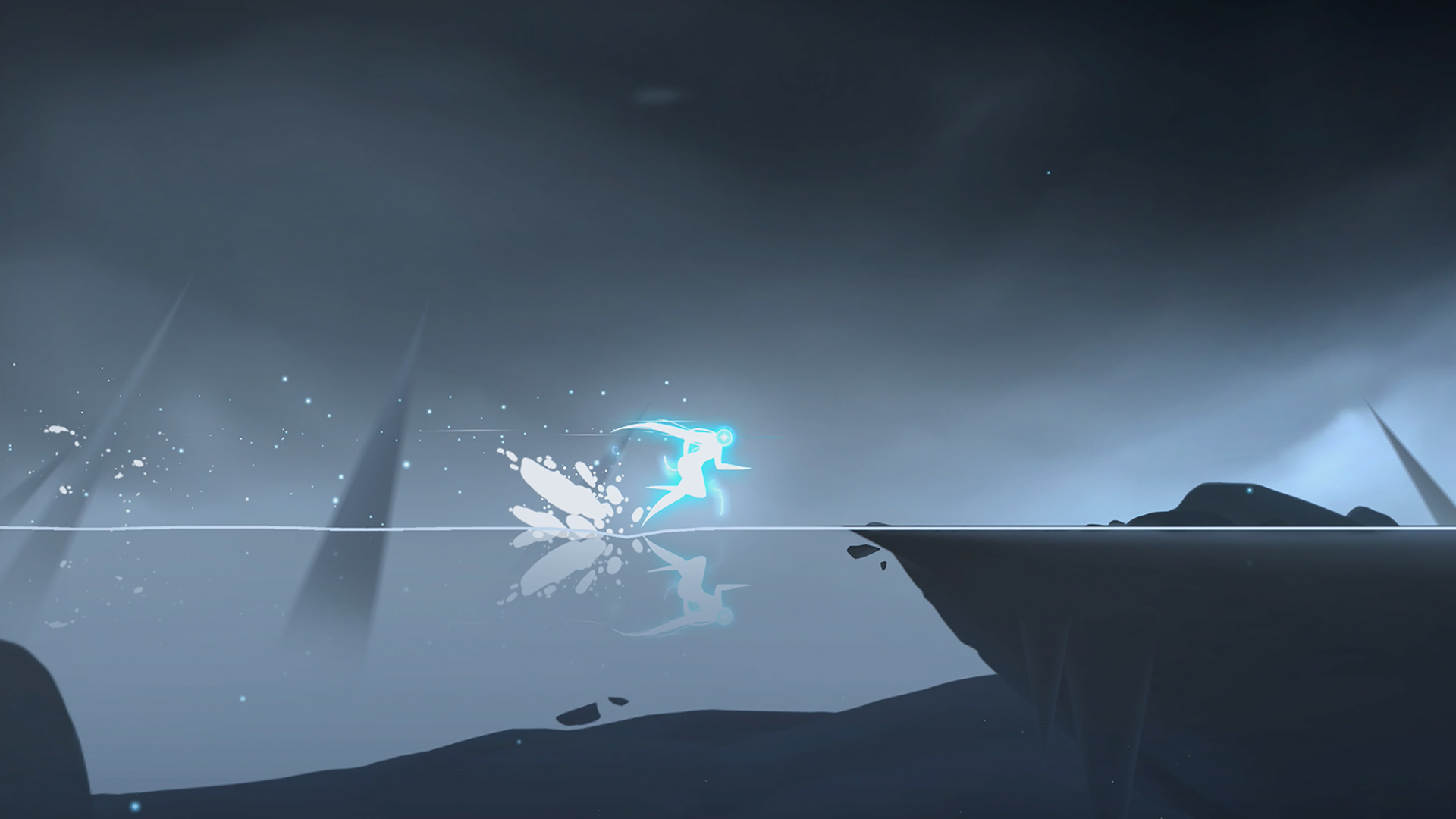
To make the defensive turn as exciting as possible, there are ways to even gain buffs for your next offense – by timing your inputs perfectly, you can perform “perfect guards” that can interrupt enemy actions with counterattacks and much more. This makes the defensive turn an active one,, not just a case of trying not to get defeated.
Worldless’ combat system is a unique one. It takes some adaptation, but the game will not penalise you for failure and in fact does the contrary – it treats failure as a growing process. By allowing you to instantly retry, you’ll see the benefits of getting familiar not only with the basic mechanics, but the endless possible combinations of later game skills. The skill ceiling is very high, and when reached, it feels amazing.
Worldless is out now, playable on Xbox Series X|S and Xbox One.

Worldless
Coatsink
The post Worldless: Making a Game That Won’t Allow You To Die appeared first on Xbox Wire.









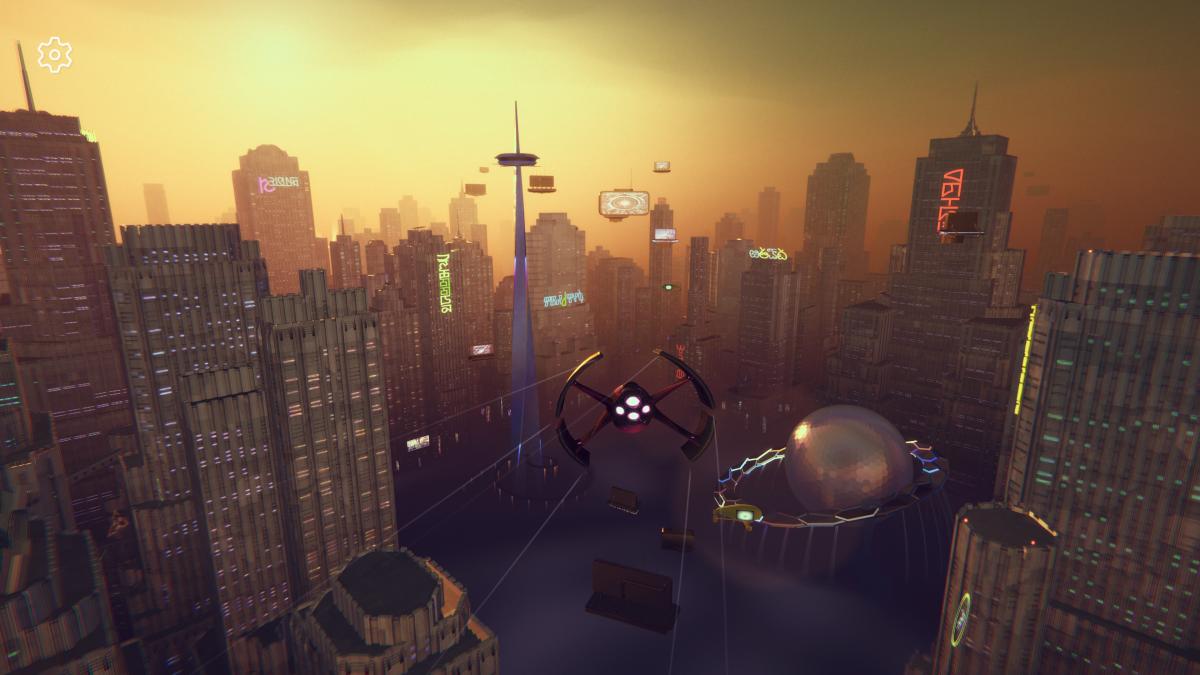





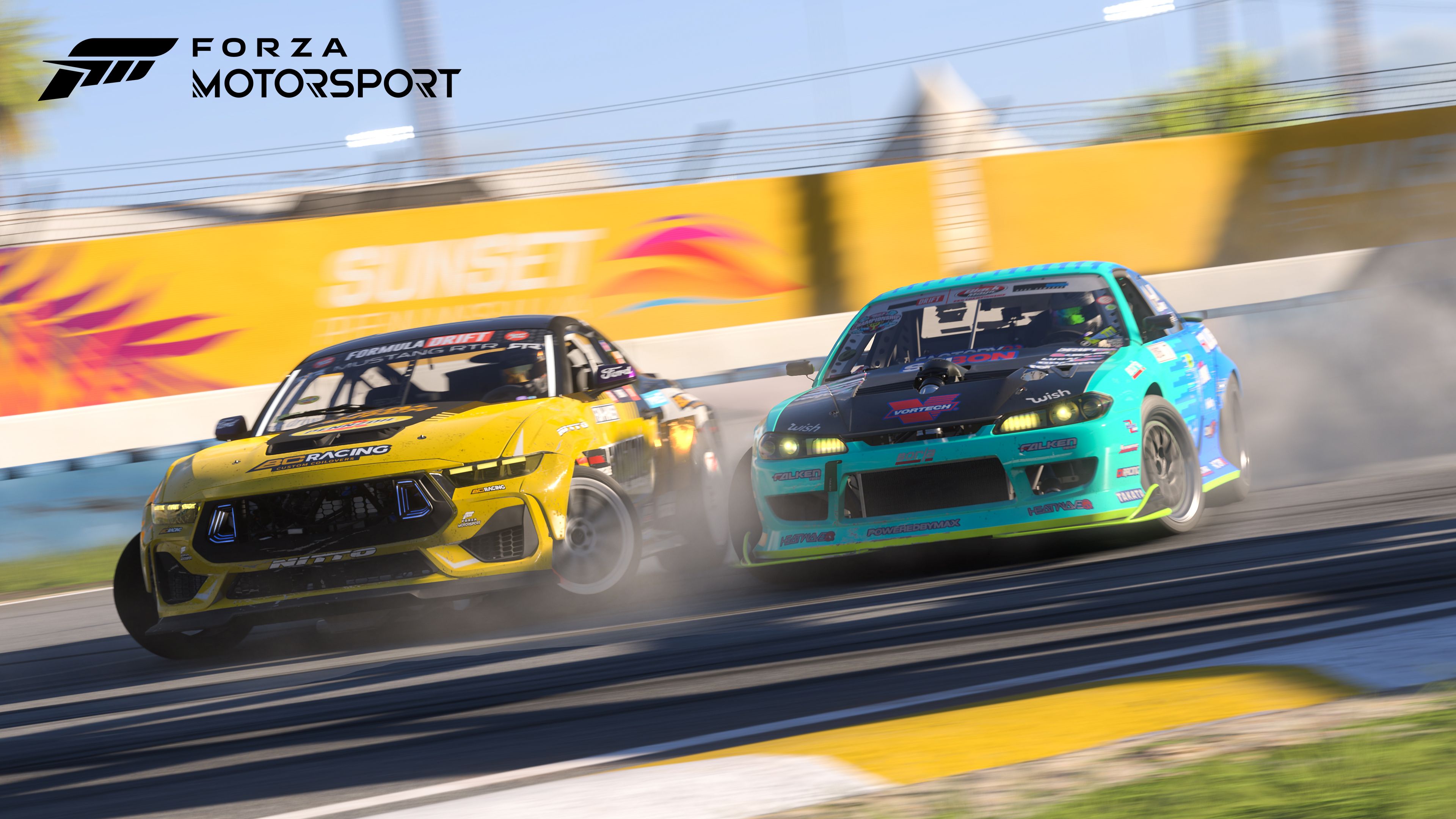
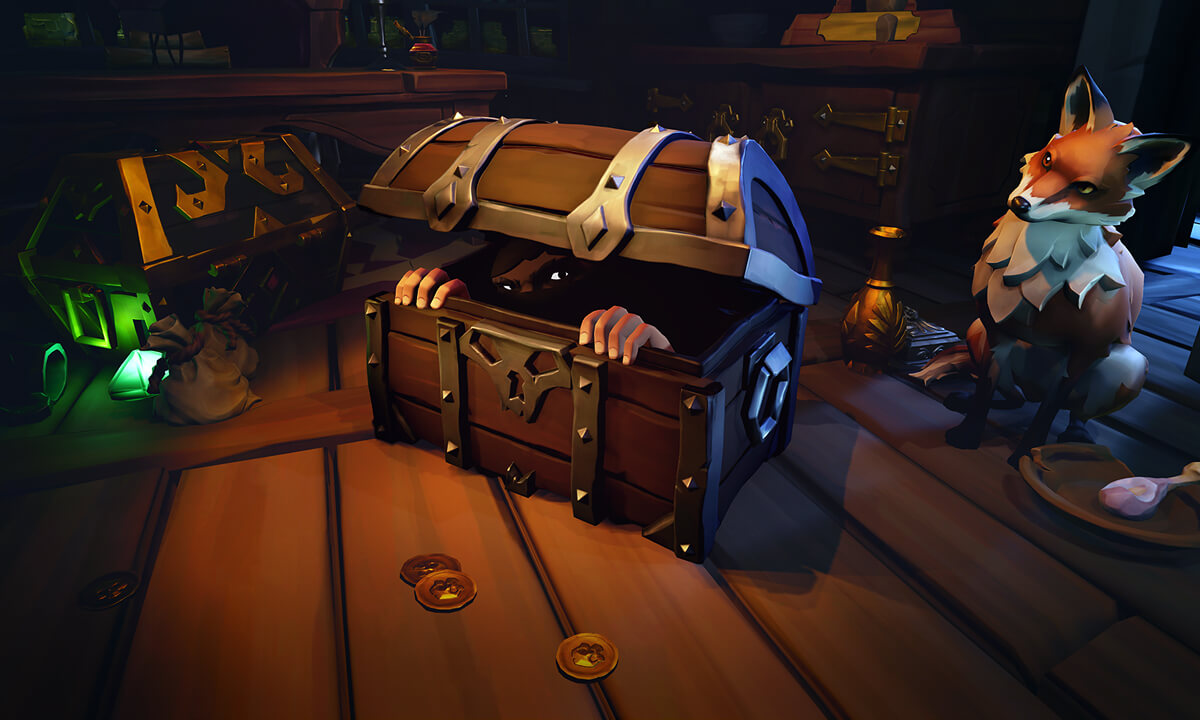

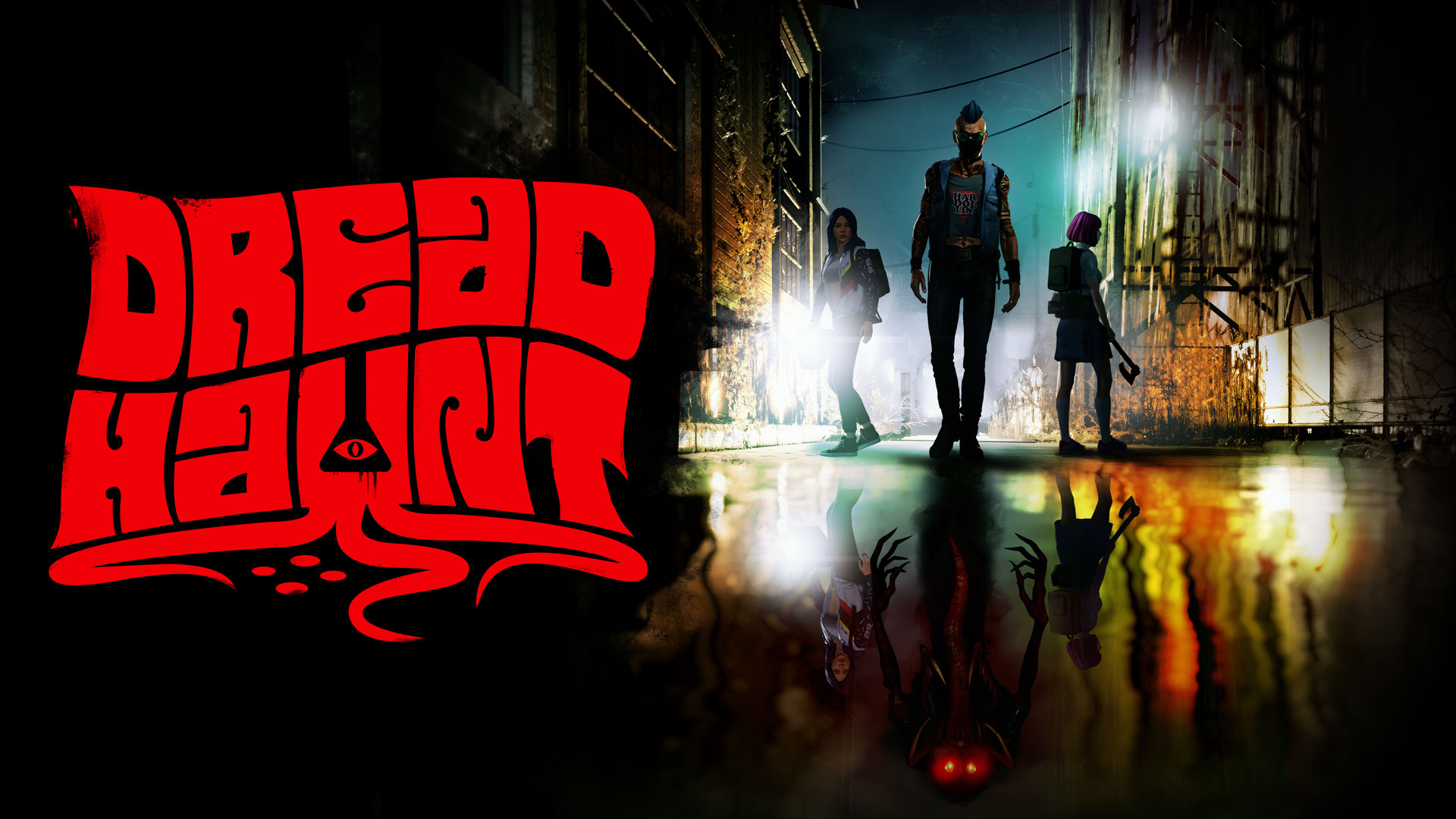







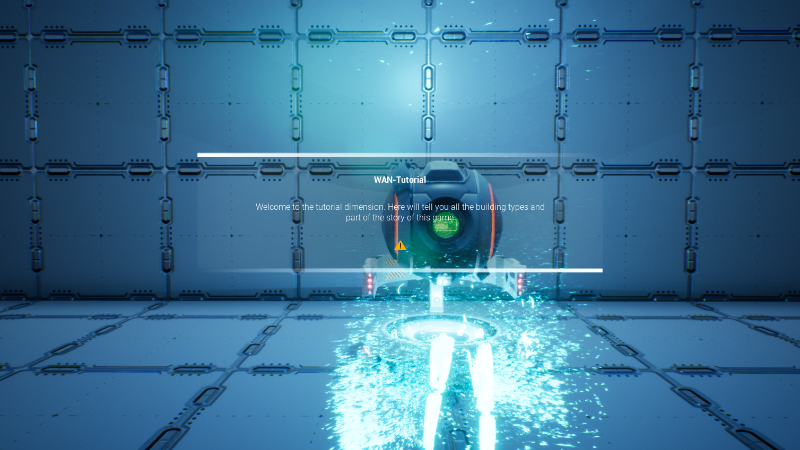
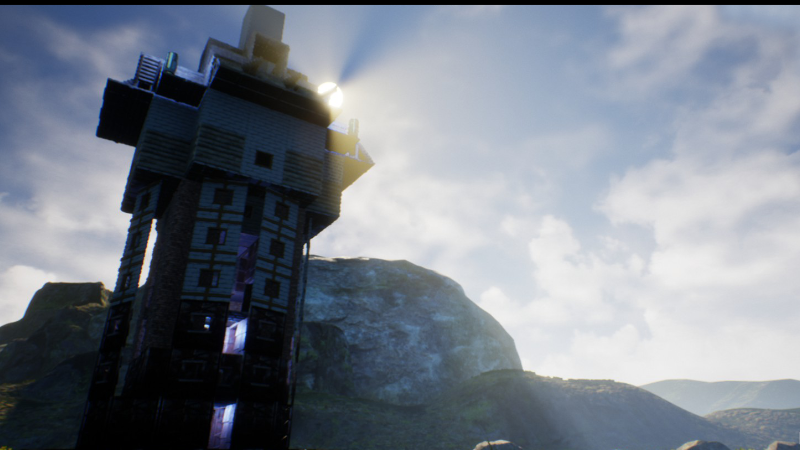
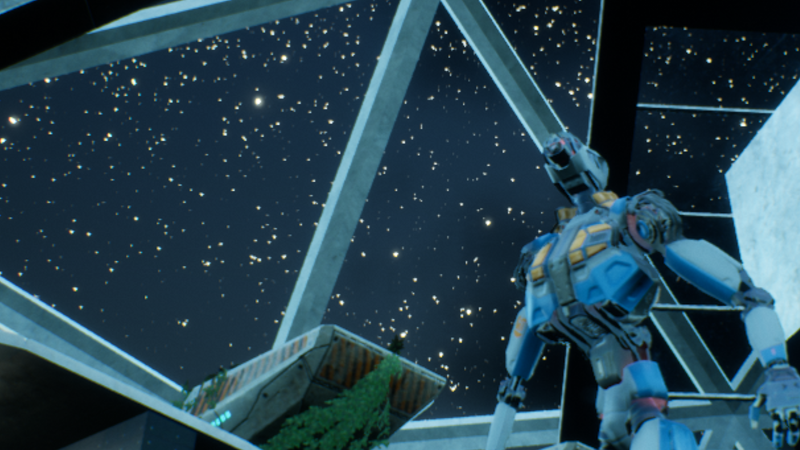

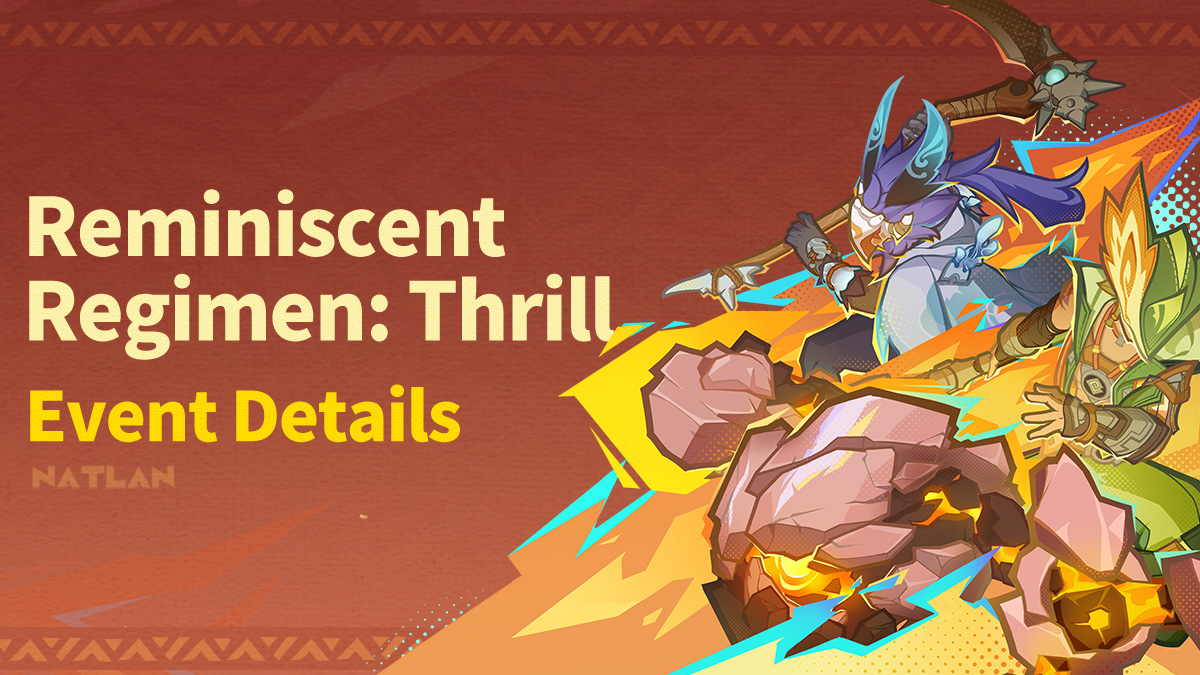
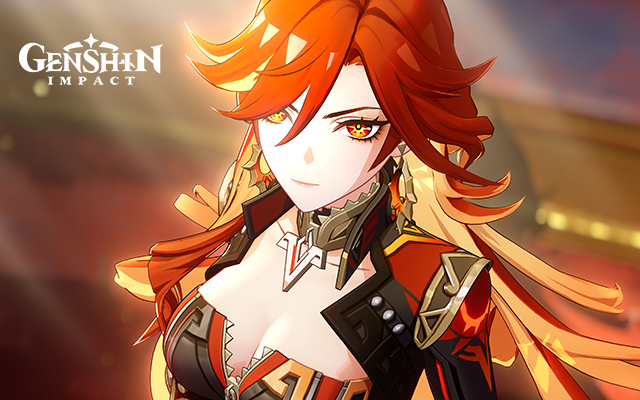
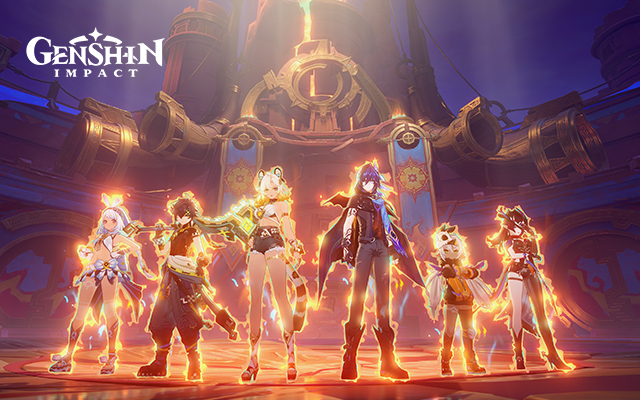
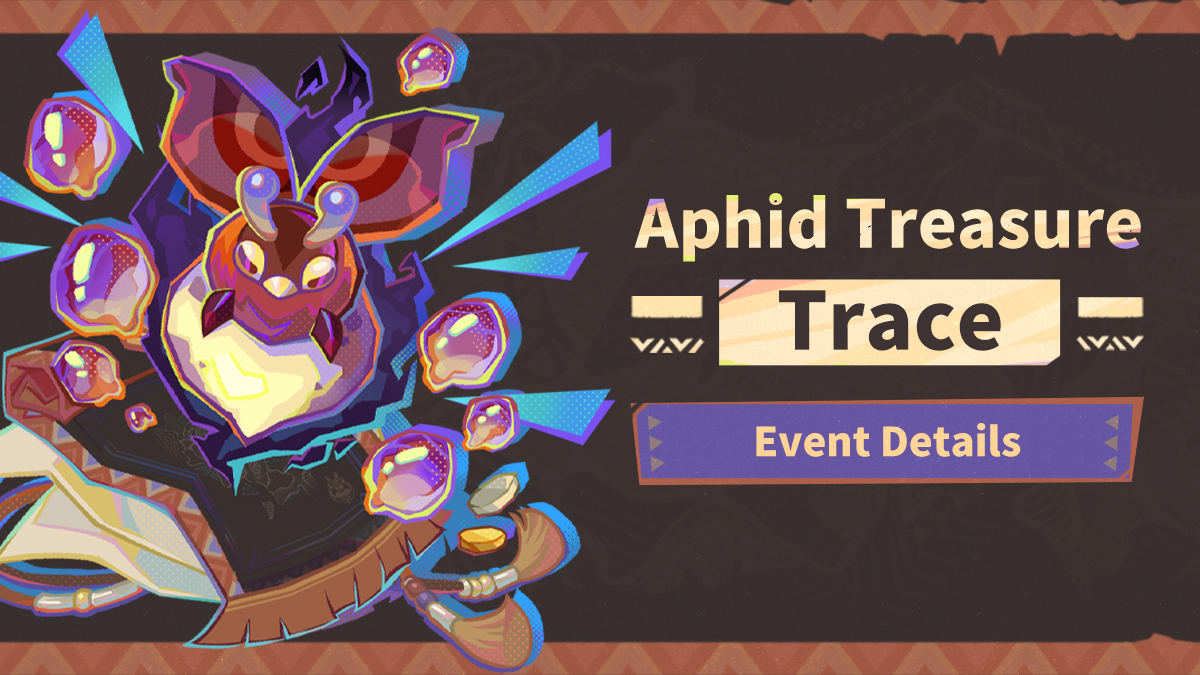
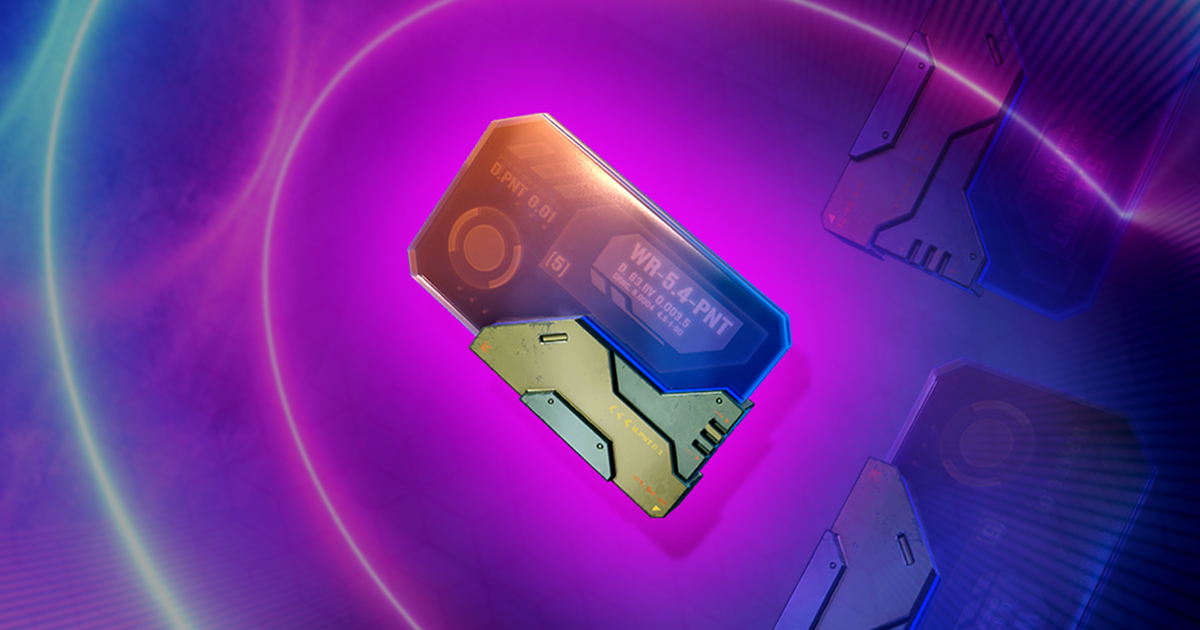
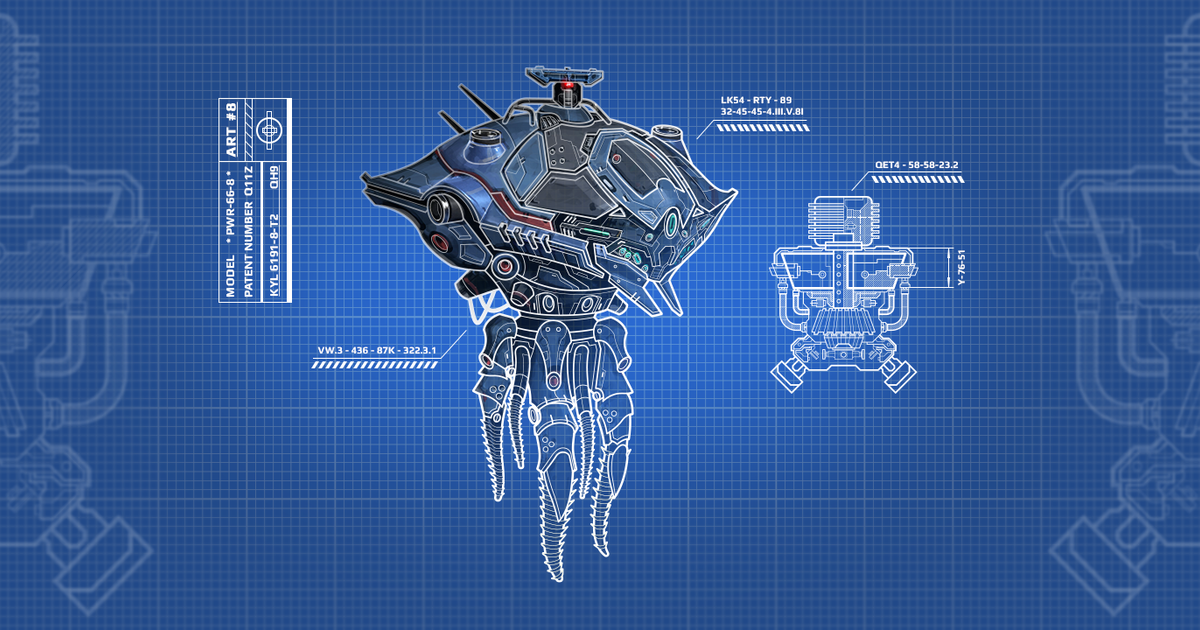
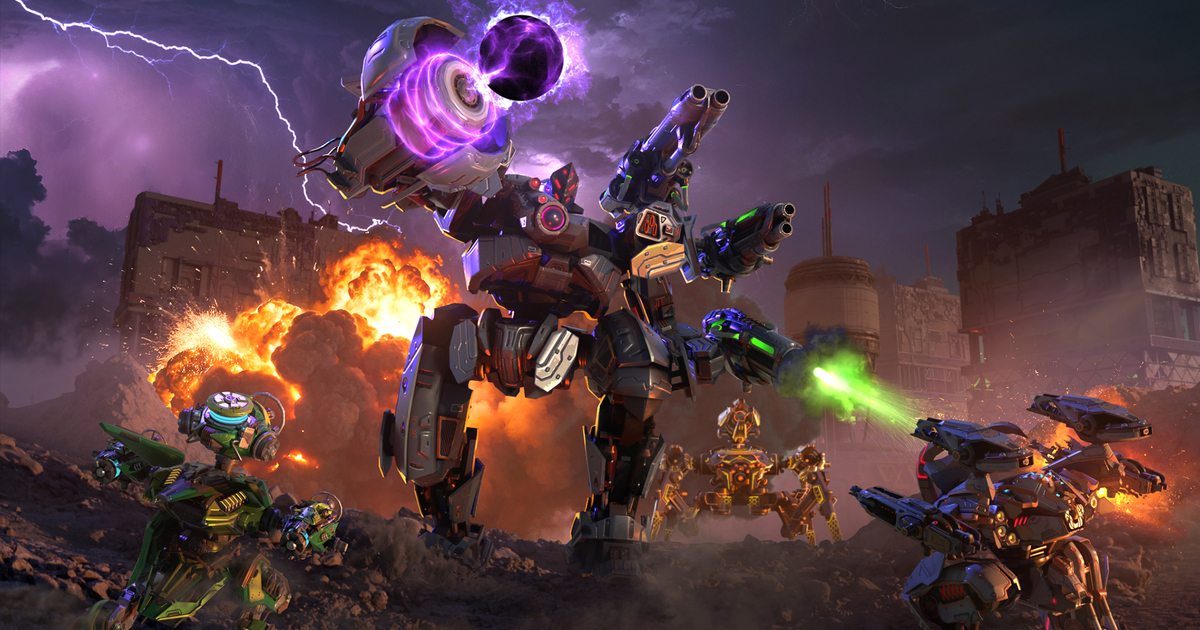
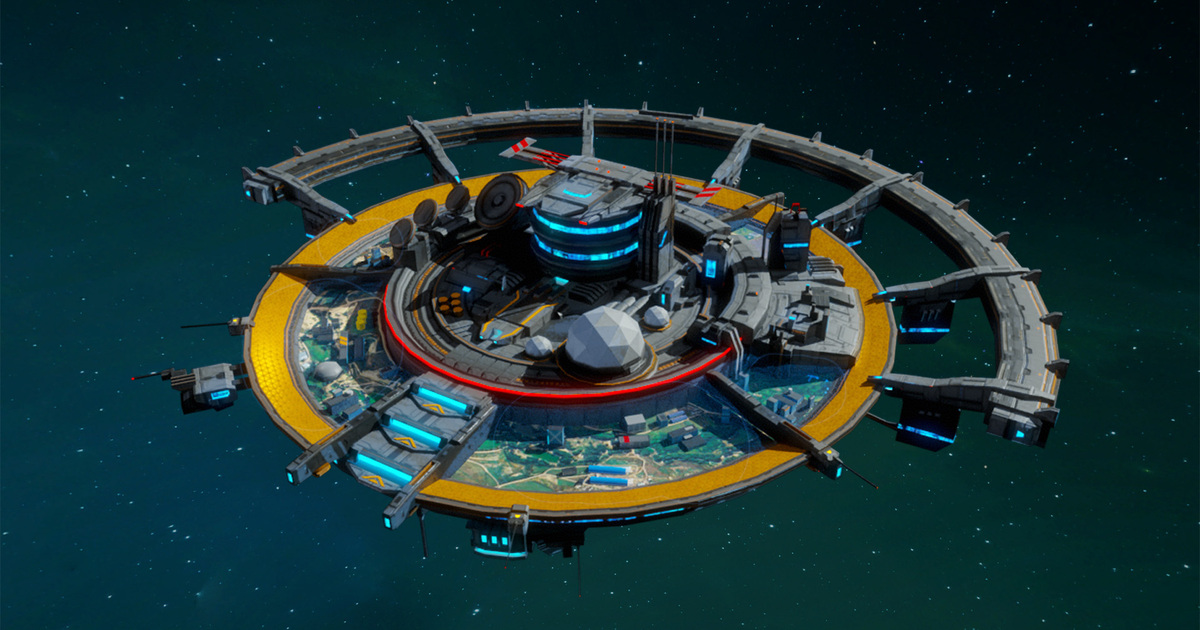








![[Business Talk] How YH Living LTD Tailored Business Solutions Powered by Smart Technology](https://i.scdn.co/image/ab6765630000ba8a5782a039d18af0d958cadc87?#)
![[Business Talk] Elon Musk](https://i.scdn.co/image/ab6765630000ba8ac91eb094519def31d2b67898?#)
![[Business Talk] BYD's Hiring Standards: A Reflection of China's Competitive Job Market](https://i.scdn.co/image/ab6765630000ba8a1a1e0af3aefae3a685793e7c?#)
![[PRO Tips] What is ESG? How is it different from CSR and SDGs? 3 keywords that companies and investors should know](https://i.scdn.co/image/ab6765630000ba8a76dbe129993a62e85226c2b4?#)


